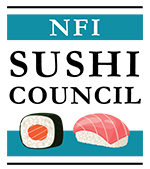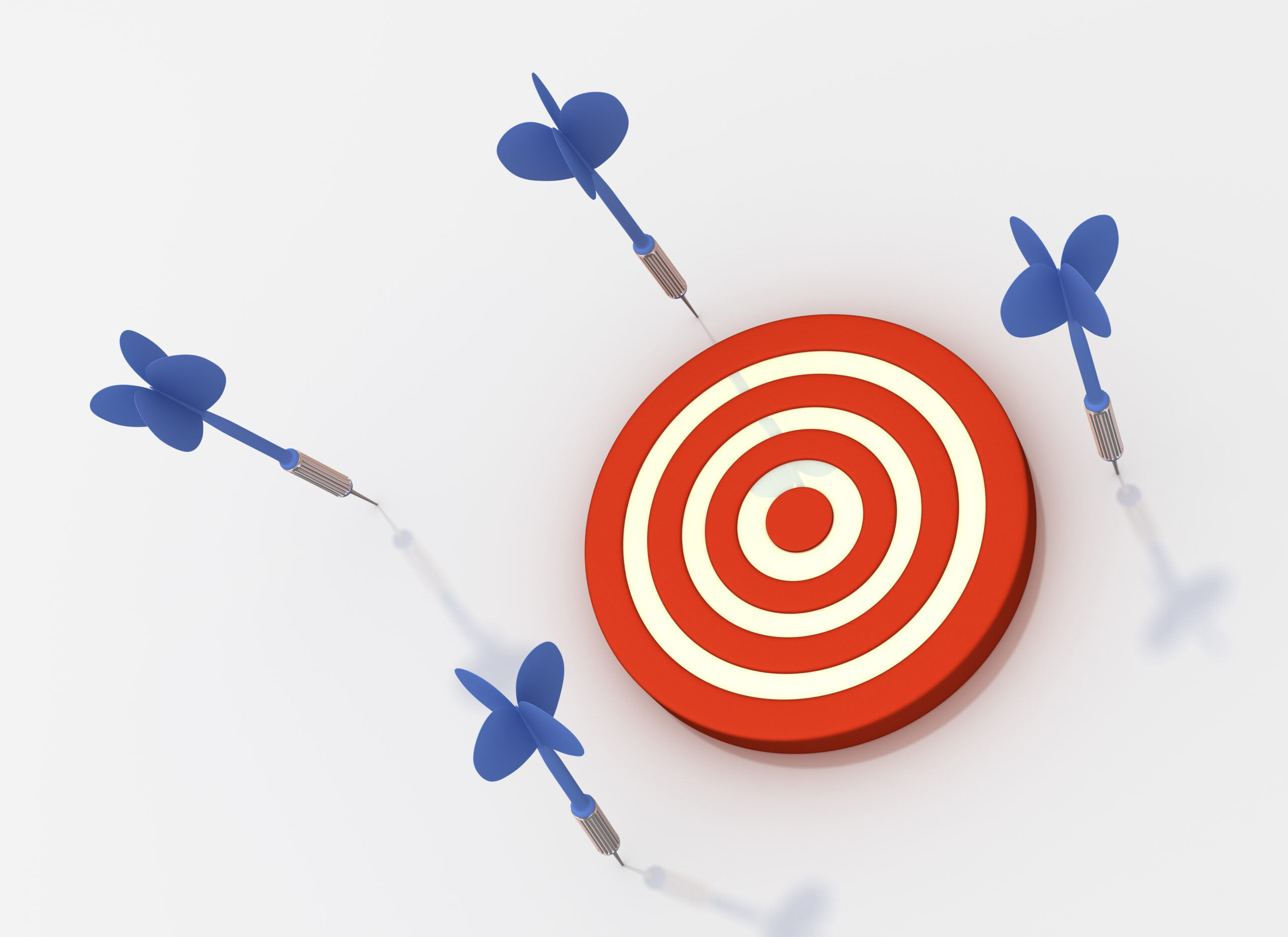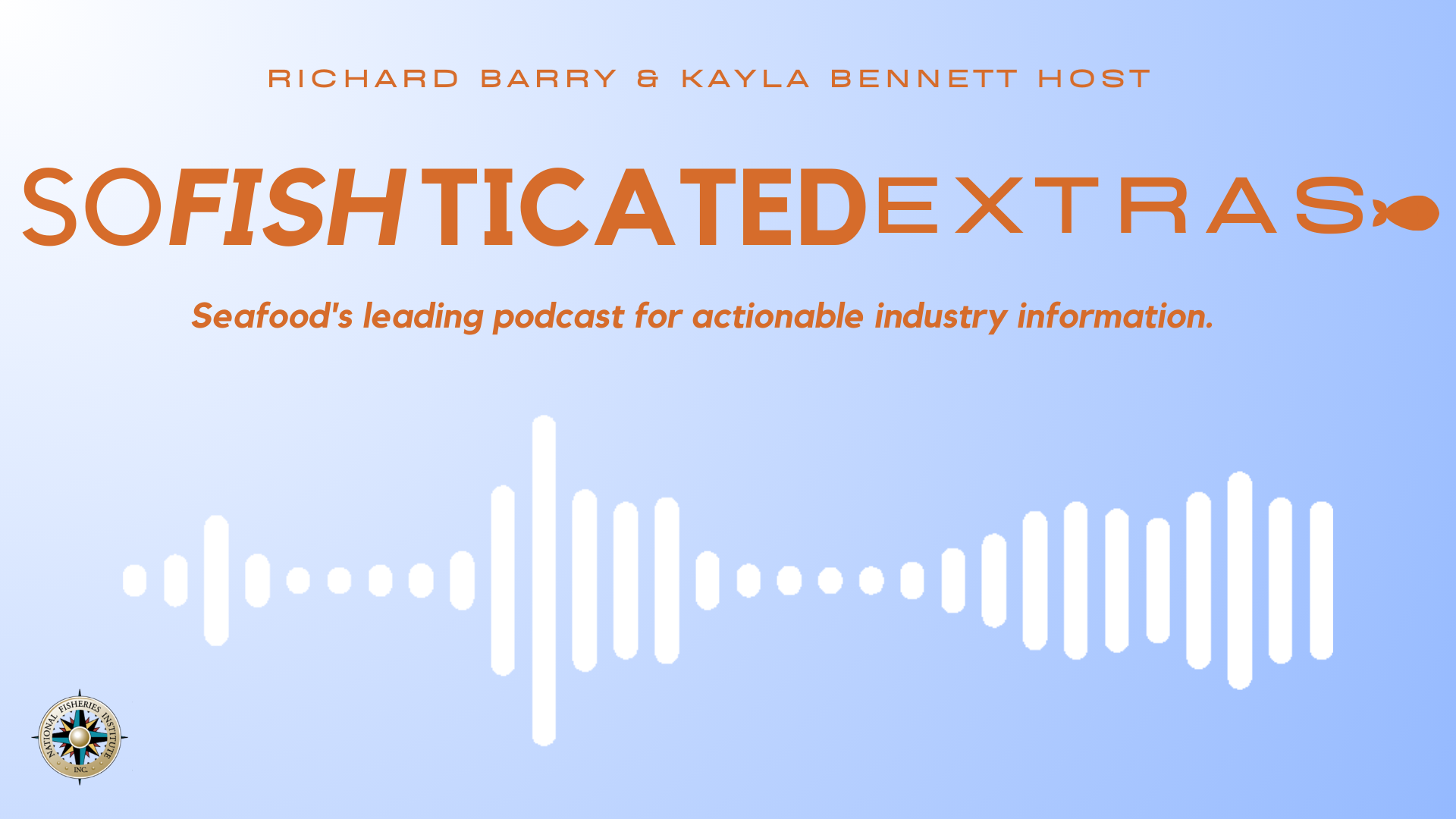Tech Insider uses Cod as Clickbait
This isn’t the first time we’ve had to reach out to Business/Tech Insider about inaccuracies in a seafood story, and it’s not the first time they’ve given us no response. Don’t you just hate when facts and figures get in the way of good ole Clickbait? This time Tech Insider’s Clickbait actually stars a fish-favorite; cod.
Their recent report, stemming from comments Dwayne ‘The Rock’ Johnson made about his diet, does a huge disservice to readers by telling an incomplete story about cod.
Minimal research would reveal to the authors that there are multiple species of cod – Pacific cod, Atlantic cod, and Lingcod, as described on NOAA’s website, FishWatch.gov. However, Tech Insider chose to only tell the story of one of the species, Atlantic cod, because it has more challenges than the other fisheries. Because that makes a better story for them. Unfortunately, even their reporting on just this one species contains inaccuracies that fly-in-the-face of the independent fisheries assessments.
- Tech Insider doesn’t mention Pacific cod a single time, yet NOAA says commercial harvest of Pacific cod totals more than 700 million pounds. In fact, Pacific cod is the second largest commercial groundfish catch off Alaska and virtually all of the United States. NOAA goes on to call U.S.-caught Pacific cod “a smart seafood choice because it is sustainably managed and responsibly harvested under U.S. regulations.” Adding, “The Bering Sea and Gulf of Alaska stocks are above target population levels” and the species is fished “at recommended levels.”
- Lingcod, a smaller harvest than Pacific cod, tells a similar story. Also found in the Pacific (most abundant near British Columbia and Washington), NOAA calls Lingcod “a smart seafood choice because it is sustainably managed and responsibly harvested under U.S. regulations” and notes that the population “is above target levels.”
- NOAA is very public about its efforts to rebuild the Atlantic cod fishery. FishWatch.gov says the fishery is below target population levels, and rebuilding plans are in place that allows limited harvest by U.S. fishermen. In fact, NOAA emphasizes that fishing levels and landings of Atlantic cod are reduced, multiple times in its profile:
- Fishing levels are “reduced to end overfishing.”
- “The 2013 commercial landings of Atlantic cod totaled 5 million pounds and were valued at almost $10.5 million. Landings and values have decreased significantly over the past 2 years.”
- “Recreational anglers cannot keep cod caught in the Gulf of Maine.”
- “Both stocks are subject to overfishing. Fishing is still allowed, but at reduced levels.”
It’s confusing that Tech Insider claims, “So while the Gulf of Maine is warming and becoming increasingly inhospitable to cod, they are still being fished at the same rate.” While the very regulator who determines the fishing rate of Atlantic cod says that fishing levels are not at the same rate and that they’ve been reduced to address the issue. What does Tech Insider know that NOAA Fisheries, with a budget of $880 million, doesn’t? We’d be curious to find out.
Ending the article by recommending “domestically farmed tilapia” as an option for ‘The Rock’ reveals an ignorance about fisheries. Again, minimal research would inform Tech Insider that the farmed tilapia Americans order at a restaurant or buy in a grocery store is by-and-large farmed overseas, in countries that have the infrastructure for large-scale fish-farming that the U.S. simply doesn’t have. In fact, U.S. domestically farmed tilapia contributes 0.17% to global farmed tilapia production. Less than 1% of the commercial tilapia consumers can purchase in the U.S. is farmed in the U.S.
Suggesting that Americans stay away from cod without portraying the whole story of the cod market – like the large and sustainable Pacific cod fishery – is irresponsible. Science shows low seafood consumption is the second-biggest dietary contributor to preventable deaths in the U.S., taking 84,000 lives each year. Americans should be eating more, not less.
Clickbait about the latest laptop is one thing, but Clickbait that has the potential to negatively impact public health is reckless.



